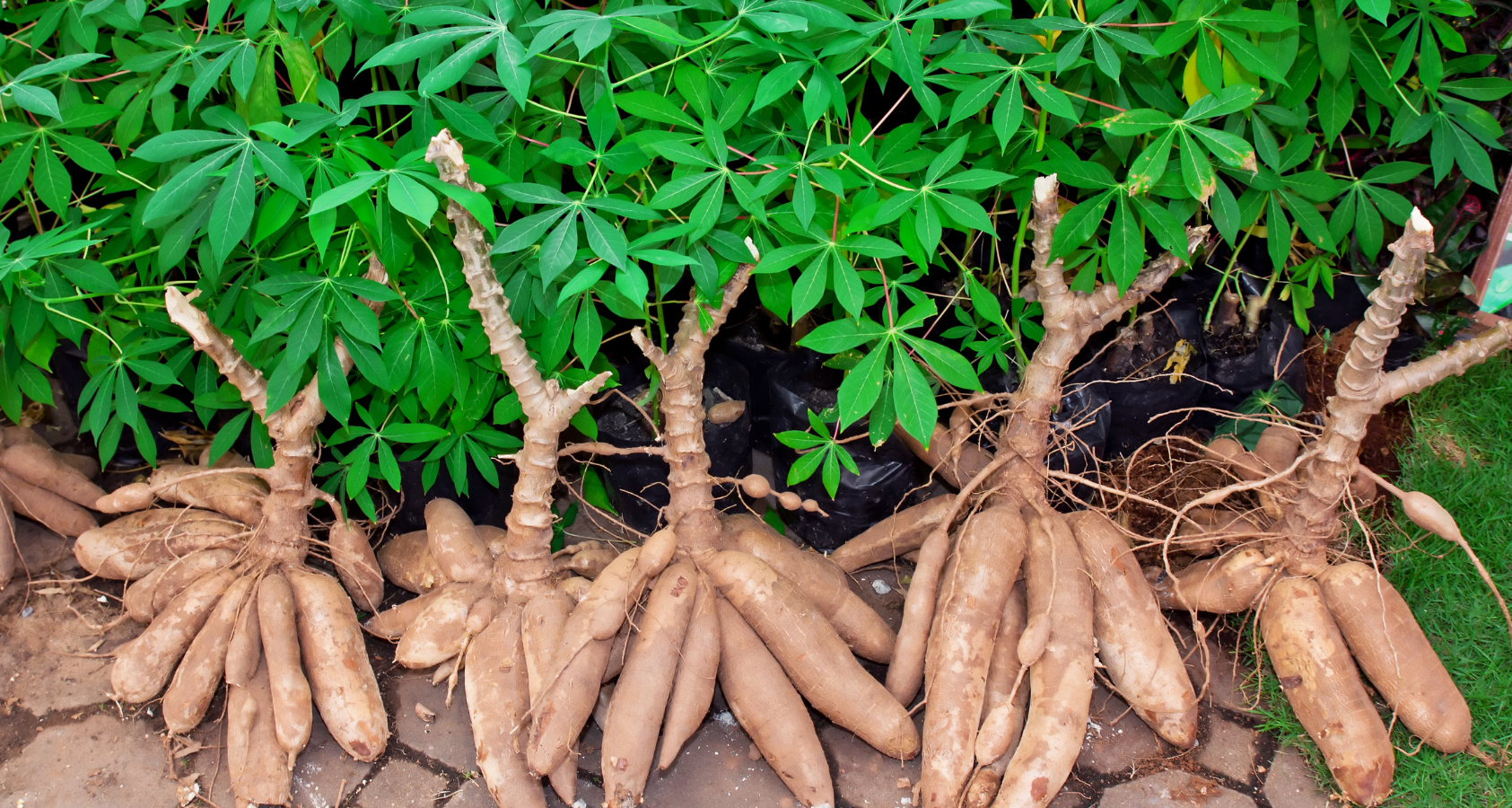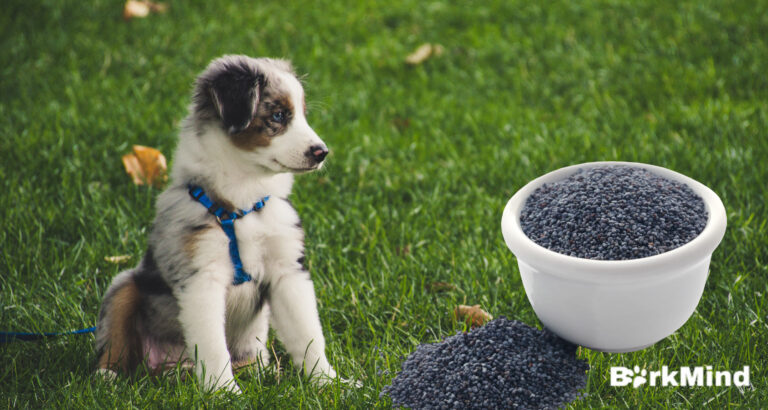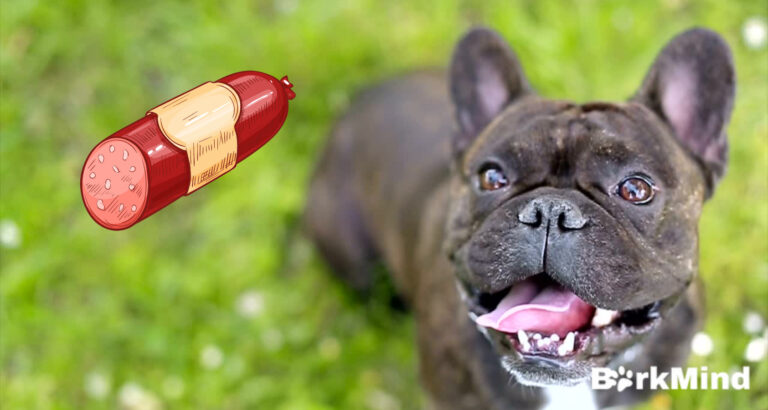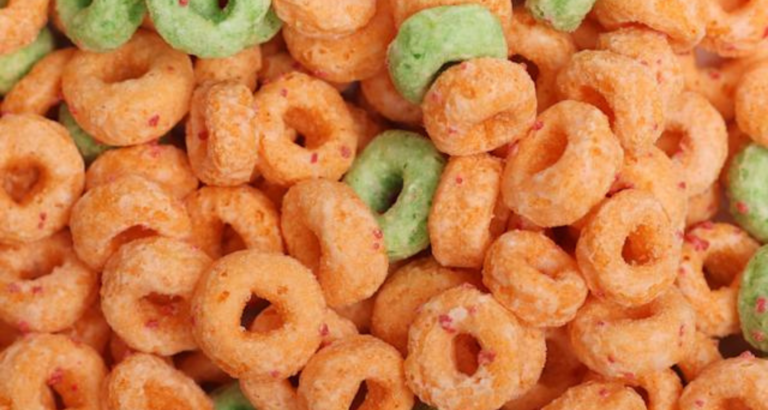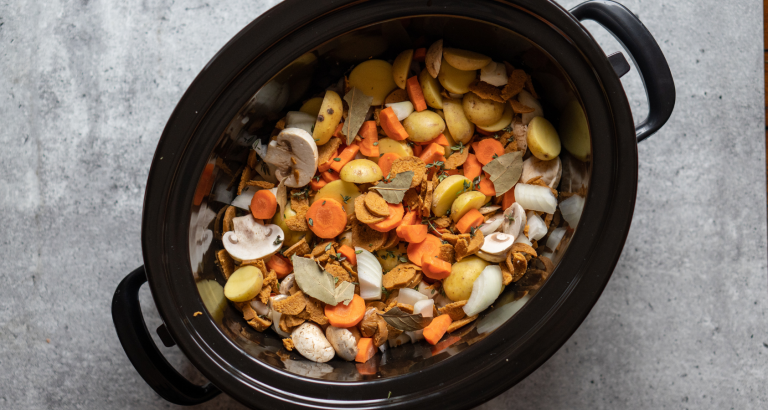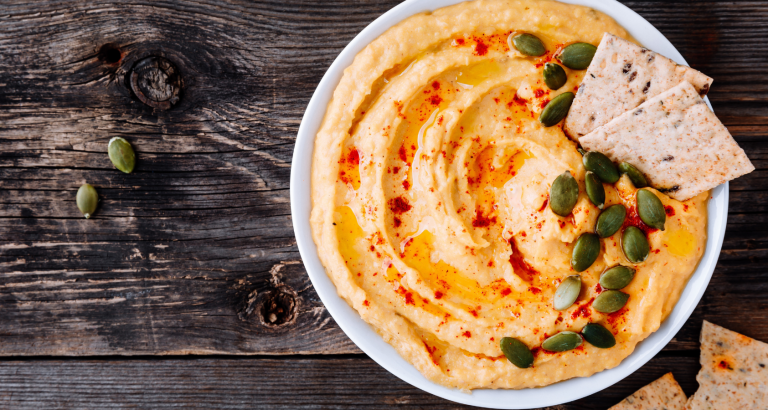Can Dogs Eat Cassava? Chips/Flour This Will Surprise You!
Last updated on March 21st, 2023 at 05:05 am
Reading Time: 7 minutesThis post may contain affiliate links. If you click and buy we may make a commission, at no additional charge to you.
Can Dogs Eat Cassava? Flour and Chips?
If you enjoy eating cassava, you might be wondering whether it’s a good idea to share the delicious veggie with your pup.
Quick Answer
Yes. Dogs can eat cassava. However, as it’s heavy in calories, cassava should make up a small, infrequent portion of a large, well-balanced diet. Moreover, cassava should never be fed raw, and needs to be properly peeled and cooked without seasonings to avoid food poisoning.
Before, you learn how to cook and add cassava in your dog’s diet, it’s important to understand the vegetable’s nutritional content so you can decide what meal to include it with.
So, strap in and let’s dive in!
Can Dogs Eat Cassava – With Nutrition Facts
Dogs can eat cassava but not frequently as it’s a root vegetable. Meaning it’s the starchy part of the plant. Due to this, cassava mainly delivers carbohydrates in your dog’s diet and a poor source of protein and fat.
Some nutritional facts suggesting why cassava is good or bad for your dog:
- It’s recommended by vets to have at least 20% of your dog’s diet consist of carbs, while the maximum carb portion should be 45-50%. Since cassava is highly rich in carbs (100g of cassava has 38g of carbohydrates), and most dog foods including meat contain carbs already, cassava should be given in moderation to not over increase the needed amount.
- Cassava has a few minerals such as, calcium, phosphorus, riboflavin, and vitamin C. That can be beneficial for your dog. However, these are in tiny percentages, and you’re better off providing these through other fruits and vegetables. Cassava is an adequate source of digestive fiber as well, containing 1.8g of fiber per 100g of the root, however commercial dog foods and fruits like bananas have more fiber and are more beneficial.
Calories
Calories, a healthy 22lb/10kg dog with no activity needs around 400 calories a day. This number increases to 550-600 calories if the dog’s very active. Note that a dog’s calorie needs varies on the weight of the breed.
Just 100g of cassava has 159 calories. In comparison, 100g of potato has only 77 calories. As such, it’s a heavy and filling food that can be given in small quantities to provide extra calories before exercise or playtime. Feeding cassava often can lead to an increase in weight.
As per the nutritional content, cassava should be fed once in a while, much like cheese and cashews. It should be served, cooked in small portions as a filler, along with protein-rich lean meats. It’s an excellent replacement for dogs allergic to grains.

Can Dogs Eat Cassava Flour?
Cassava root flour is safe for dogs to eat. It can be a great choice if you’re looking to have a balanced diet or go grain-free.
The major difference between cassava and tapioca.
When you’re buying cassava products like flour or dog food with cassava as an ingredient. You may find some packages labeled “cassava” and some labeled “tapioca”. Though these terms are used interchangeably, there’s a key difference between the two.
Cassava flour is the cassava root processed and grinded into the flour powder we know. Tapioca on the other hand is the fiber-free version of cassava flour. It is extracted from the cassava root, processed, and any fiber present in it, is removed.
In short, cassava flour has both starch and fiber while tapioca is just the starch.
Most commercial dog foods contain tapioca, not cassava flour. Tapioca serves as a source of carbohydrates for grain-free dog foods, and works as a filler and binding agent in grain-containing options. It has no nutritional value otherwise.
If you’re buying cassava flour or tapioca for homemade dog food, it’s important to remember whether you need the extra fiber or simply need a binding ingredient. Tapioca is a better option as it can be fed all the time. The lack of grain means it’s great for dogs with allergies. Tapioca is fantastic filler for foods already rich in protein. It adds bulk to wet food, leaving your dog satisfied.
How to Prepare Cassava for Dogs
Even if it’s taken in moderation, raw cassava is toxic and harmful for both humans and dogs. To avoid poisoning and its symptoms, it’s best to prepare cassava before feeding your dog.
- The first step is to peel the cassava roots. Make sure there’s no skin left, as it has concentrated cyanide compounds. Next, slice the root into small pieces. Wash them thoroughly, then let soak for 12-24 hours. Soaking removes around half the cyanide and toxins from cassava roots. Once the cassava has been soaked for a while, drain the water.
- Now it’s time to cook the roots. You can either boil them till soft or roast them. It depends on what your dog prefers. Boiling is recommended, as it makes the root easy to eat and eliminates toxicity completely.
- Be sure to serve the cassava with some form of protein such as, chicken or turkey. Proteins are not only an essential component of a well-balanced diet, but cassava is filling and lacks the needed protein. If you don’t serve it with meat, the meal won’t be nutritious. Proteins also help get rid of the remaining cyanide.
Cassava For Kidney Disease – Is There Any Benefit?
Many dog owners often recommend feeding cassava to dogs with kidney diseases, so you might be wondering whether it’s true or not. Does it actually provide a benefit?
Yes, cassava is beneficial for dogs with kidney issues. However, it’s not because cassava has some nutrients or minerals that improve kidney function. It has to do with cassava’s starch content.
Cassava and its derivative, tapioca, are very filling for dogs as they are high in calories and mostly contain starch. As dogs suffering from kidney infections and failure need low-protein diets, this root veggie can fill their stomach and meet the daily caloric requirement. Low-protein diets relieve stress on their kidneys.
However, as you can’t feed your dog cassava often, the best option is to use tapioca flour. This is fiber-free, grounded and a processed cassava root that can bulk your dog’s food. It can be mixed in with daily food.
– Be sure to contact the vet treating the kidneys before making any diet changes.
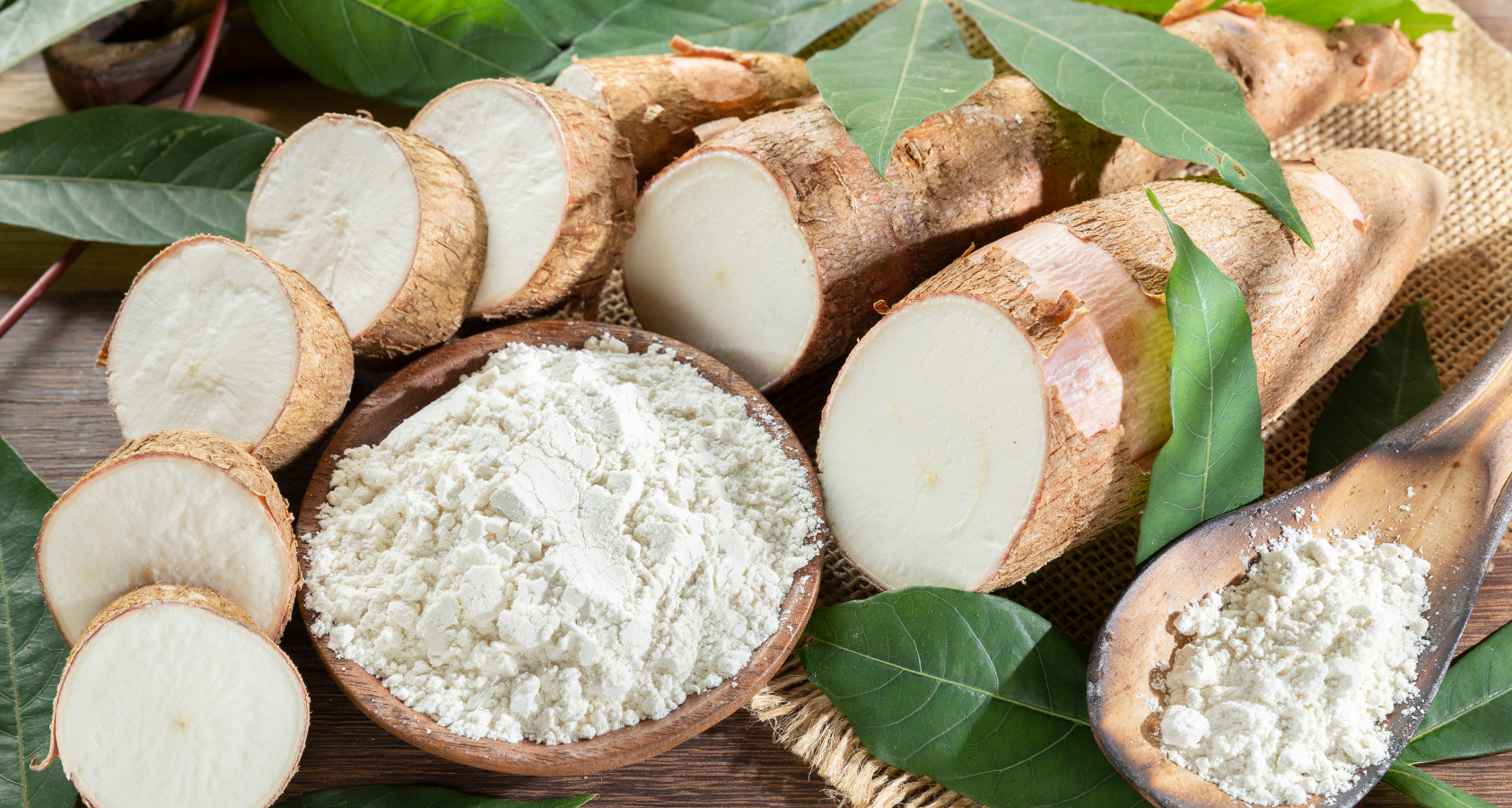
Precautions to Take When Feeding Your Dog Cassava
As with any other new food, there are some precautions you should take when it comes to feeding your dog cassava.
Proper Cooking
Cassava needs to be cooked properly before it’s edible. It needs to be peeled, soaked, and boiled. Uncooked cassava can not only cause cyanide poisoning but it can also be a choking hazard. Even indigestion!
Give It a Try!
Just like how you’d introduce any other food, only a few tiny pieces of cassava should be fed first. Gradually increase the number of pieces you serve as they get used to it. However, don’t feed your dog it regularly, even after you’ve built taste and tolerance. Too much cassava on a regular basis can develop minor health issues that can grow complicated later on.
Allergies Or Upset Stomach
Cooked cassava rarely causes any issues. But, if your dog eats too much of it too frequently, he may develop an upset stomach and indigestion. Dogs lose appetite when they have stomach pain. Cassava allergies are rare, but possible. They may cause vomiting. You can spot an allergic reaction when you first introduce the food.
Cyanide Poisoning
As you’ve learnt by now, only wrongly prepared cassava can cause cyanide poisoning. Still, keep symptoms like difficult breathing, tremors, and excessive panting in mind. If you notice these after feeding cassava, take your dog to the vet.
Can Dogs Eat Cassava Chips?
The intake of cassava in different forms is allowed for dogs but when it comes to cassava chips, the clear cut advice is to keep your dog at bay from it.
Yes. Dogs can eat cassava chips but should not. They are fried and include many unhealthy ingredients such as salt and seasonings.
The chips are deeply fried and many recipes include slat, flavors, and seasoning to enhance the taste that is unsuitable for your dog.
Conclusion – Can Dogs Have Cassava?
Cassava is totally safe for dogs to enjoy. However, it’s best eaten properly cooked with no seasonings.
Since cassava has a lot of starch and calories, it must be fed in moderation. If you are looking for a staple source of carbs or filler to bulk your dog’s wet food, try tapioca instead of the cooked root.
About The Author
I'm a content writer and researcher. But bottom line, I loveee animals. I had my first animal which was a guinea pig at age 8. Later had a bunny, dog and a lot, a lot of fish. Writing about what I know about pets will allow me to share my knowledge and love for them with everyone else. Dealing with dogs my entire life, I know a lot.

